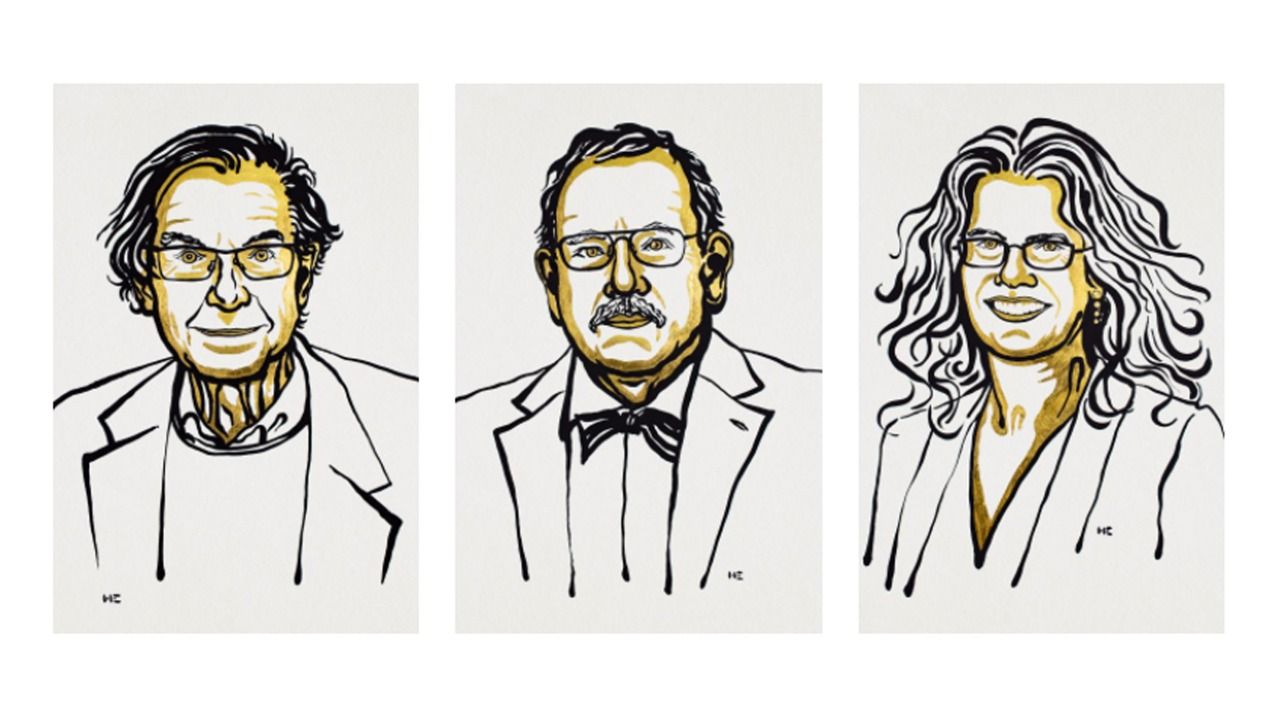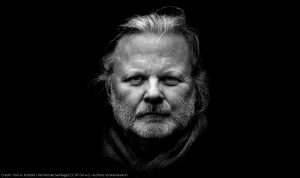One half of the Nobel Prize in Physics 2020 was to Roger Penrose of Britain and the other half jointly to Reinhard Genzel of Germany and Andrea Ghez of the US on Tuesday.
Roger Penrose, 89, won the award for the discovery that black hole formation is a robust prediction of the general theory of relativity.
Reinhard Genzel, 68, and Andrea Ghez, 55, have been awarded the Nobel Prize in Physics “for the discovery of a supermassive compact object at the centre of our galaxy,” said the Nobel jury.
Andrea Ghez is just the fourth woman to receive the physics prize since 1901 when the first Nobel prizes were handed out.
Penrose used mathematical modelling to prove back in 1965 that black holes can form, becoming an entity from which nothing, not even light, may escape.
Genzel and Ghez have led research since the early 1990s focusing on a region called Sagittarius A* at the centre of the Milky Way.
Using the world’s largest telescopes, they discovered an extremely heavy, invisible object — around 4 million times greater than the mass of our Sun — that pulls on surrounding stars, giving our galaxy its characteristic swirl.
On Monday, Americans Harvey Alter and Charles Rice together with Briton Michael Houghton won the Nobel Medicine Prize for the discovery of the Hepatitis C virus. The Nobel jury said that their discovery would pave the way for a cure.
The three were honoured for their “decisive contribution to the fight against blood-borne hepatitis, a major global health problem that causes cirrhosis and liver cancer in people around the world.”







